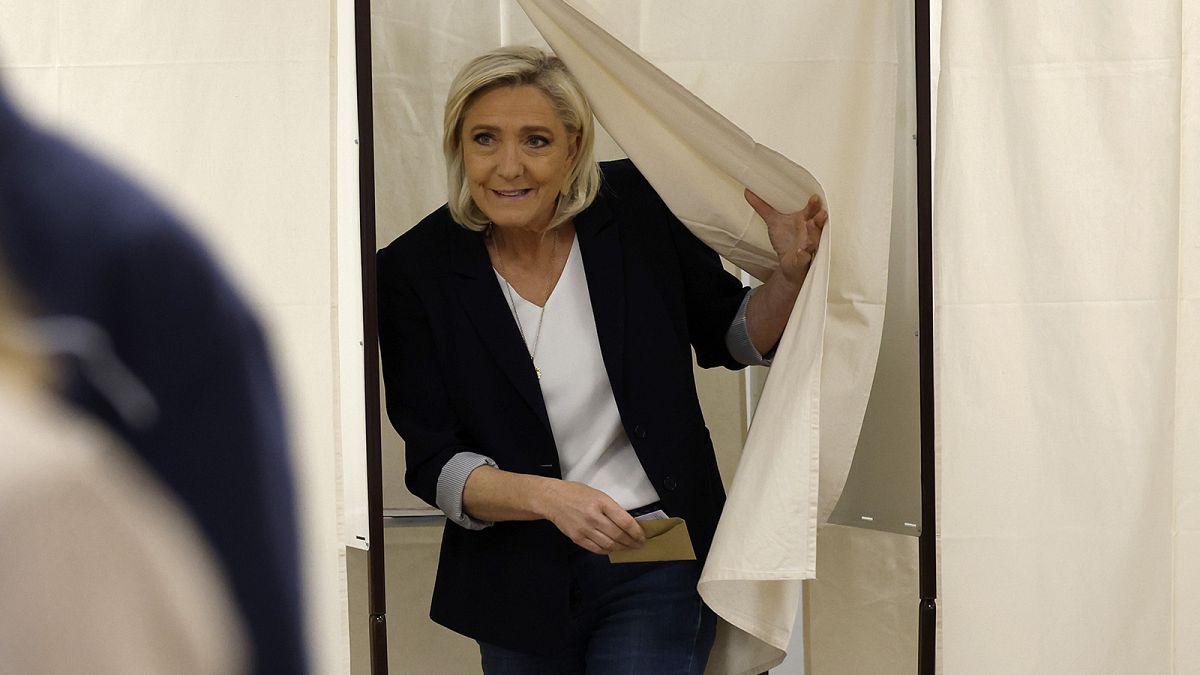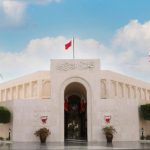A recent poll suggests that the far-right majority can be blocked in the French parliament, with the National Rally falling short of the 289 seats needed to control the National Assembly. Centrist and left-wing parties are working on forming an alliance to prevent a far-right majority. A poll conducted by Harris Interactive for Challenges magazine shows that Marine Le Pen’s far-right party might not win the necessary seats to control the 577-seat National Assembly. Efforts by President Emmanuel Macron’s centrists and the leftist bloc New Popular Front (NFP) to form a Republican Front could prove effective in blocking the far-right majority.
The forecast from the poll indicates that the RN and its allies are likely to secure between 190 and 220 seats, while the centre-right Republicans (LR) allied with Le Pen might win between 30 and 50 seats. This outcome would prevent the possibility of a far-right minority government supported by part of the LR parliamentary group. More than 200 candidates from various political parties who came in third in their constituencies have withdrawn to support the strongest candidate against the RN in the second round of voting.
If the results confirm a hung parliament, France will face political uncertainty with no faction having enough seats to form a government. Incumbent French PM Gabriel Attal expressed optimism about the cross-party initiative to block a far-right majority but ruled out the possibility of forming a cross-party government with Macron’s Ensemble party in case of a hung parliament. Le Pen has shown willingness to collaborate with other parties if the RN does not achieve an absolute majority. The survey conducted by Harris Interactive indicates that more than 4 out of 10 French people believe no party will have an absolute majority in the National Assembly.
In the event of a hung parliament, France might face prolonged political uncertainty until the next presidential election in 2027. Macron has ruled out forming a coalition with the far-left France Unbowed party led by Jean-Luc Melenchon. Le Pen’s choice for prime minister, Jordan Bardella, has stated he would refuse to form a government without a clear mandate. The survey conducted online between 2 and 3 July included 3,383 participants representing the French population aged 18 and over. Statistical methods were applied to ensure the representation of various demographic variables.
Overall, the poll results suggest that efforts by centrist and left-wing parties to block a far-right majority in the French parliament might prove successful. The withdrawal of candidates and the formation of a Republican Front to prevent the National Rally from gaining an absolute majority are steps taken to ensure political balance in France. The possibility of a hung parliament raises questions about the future of governance in the country, with no single faction able to form a government on its own. Collaboration between different political parties will be essential to navigate the political landscape in France until the next presidential election.











